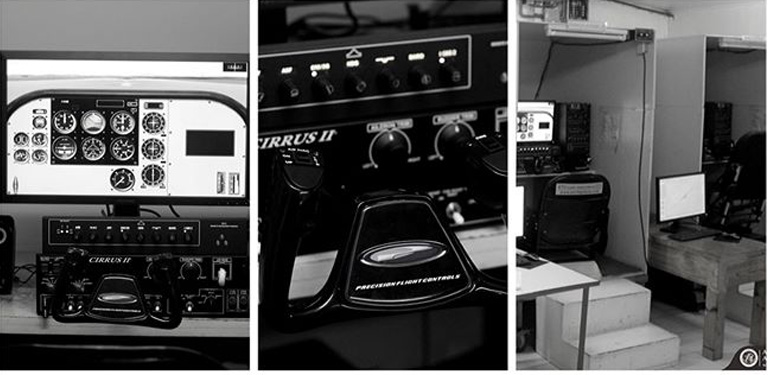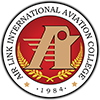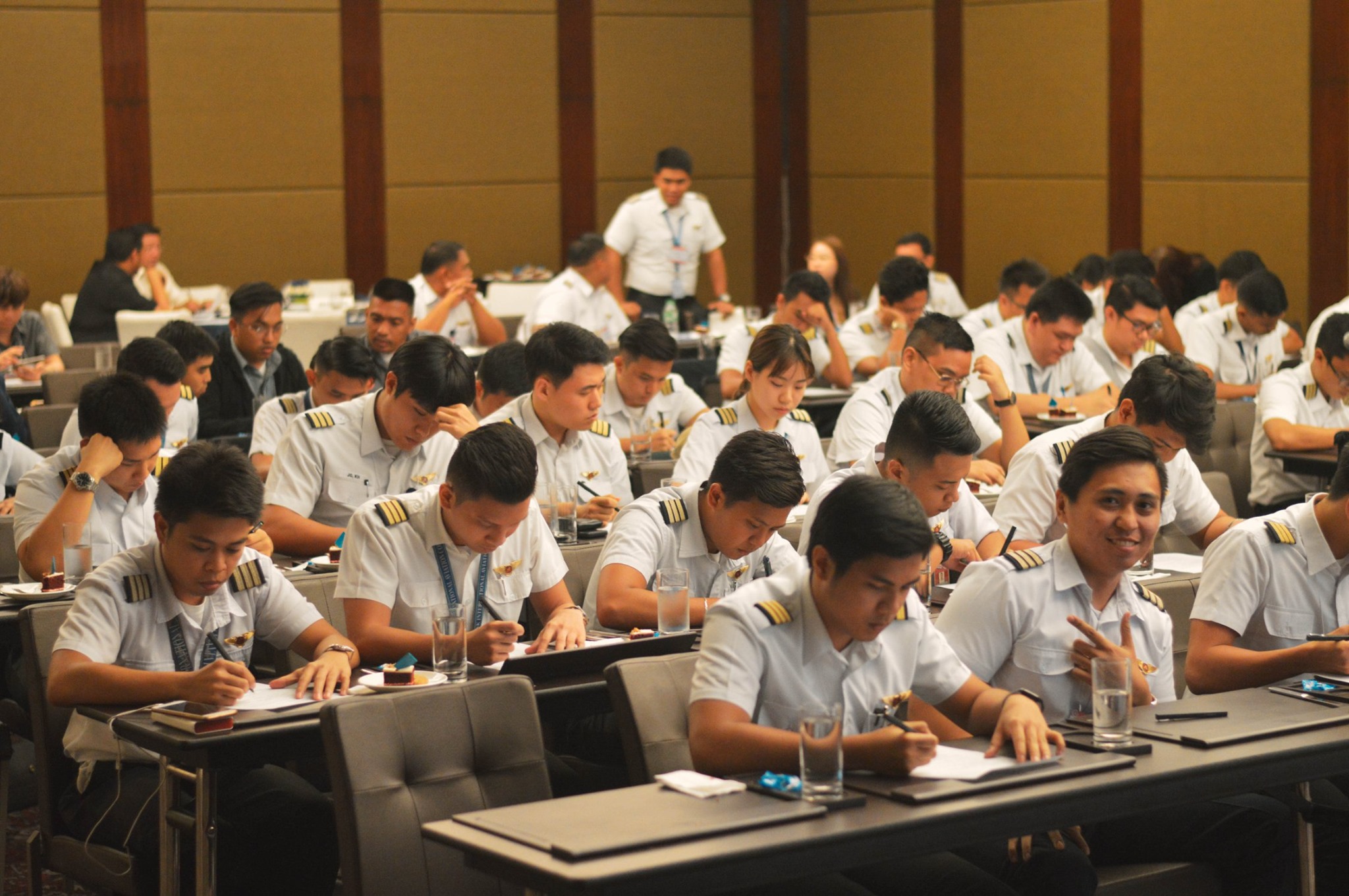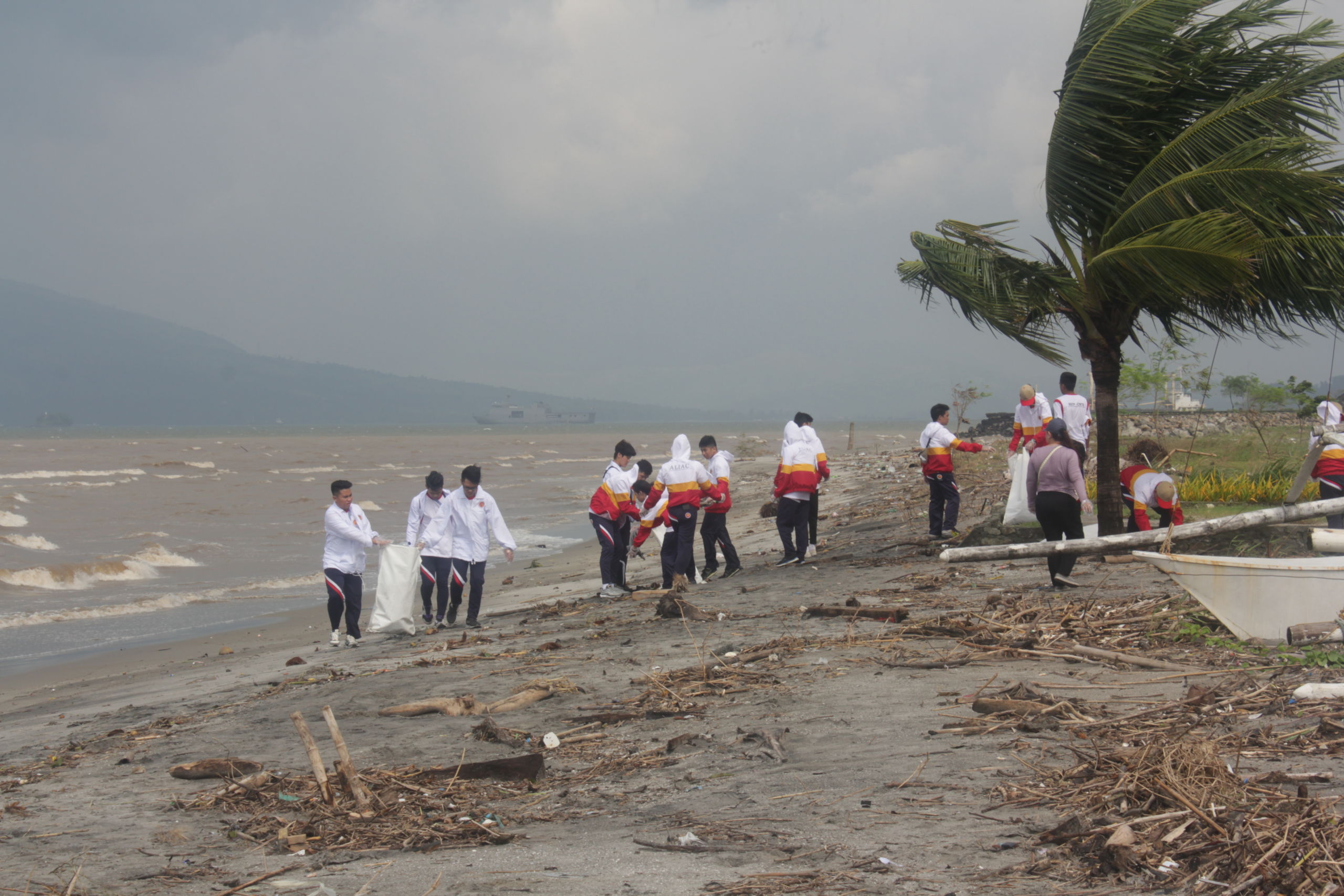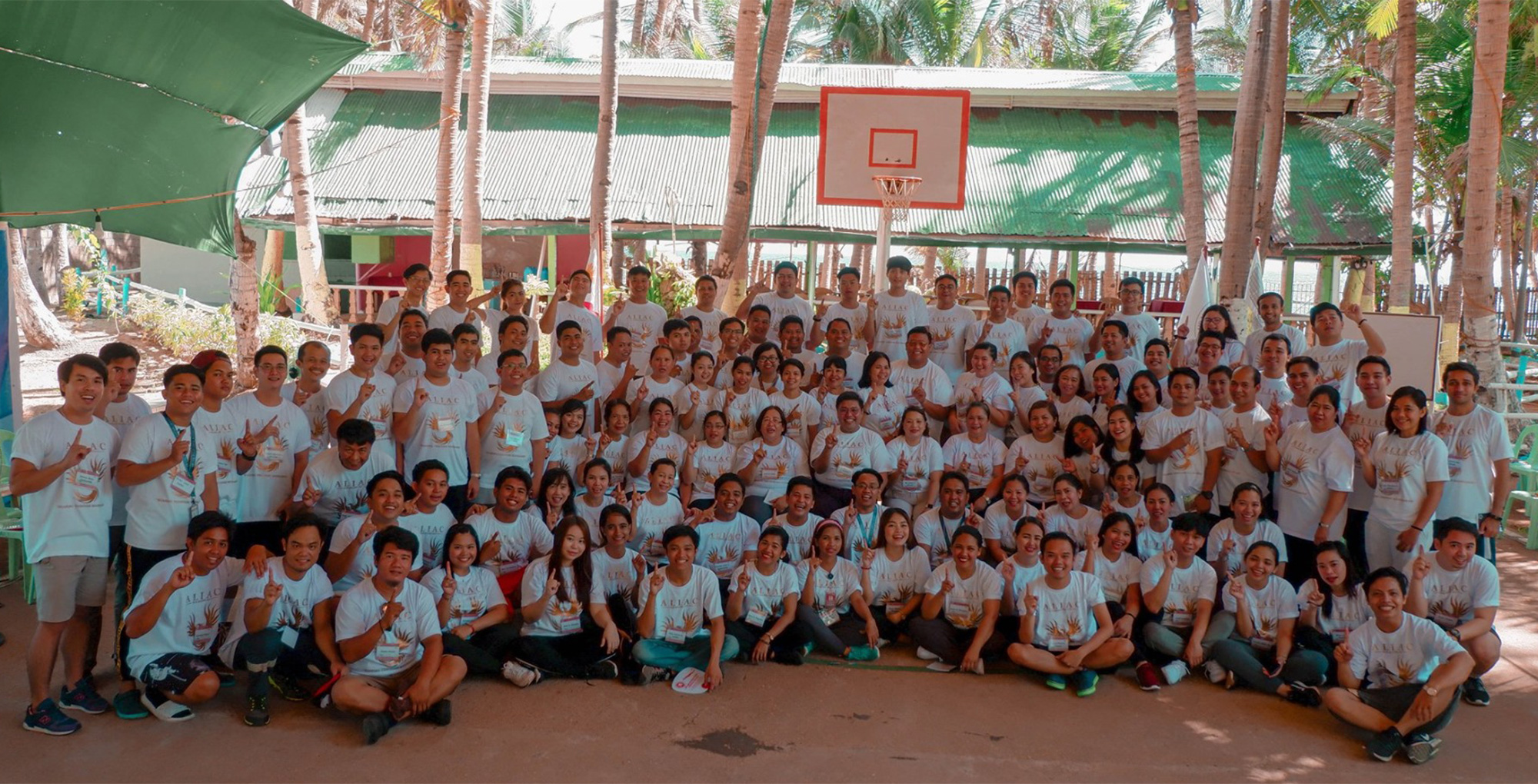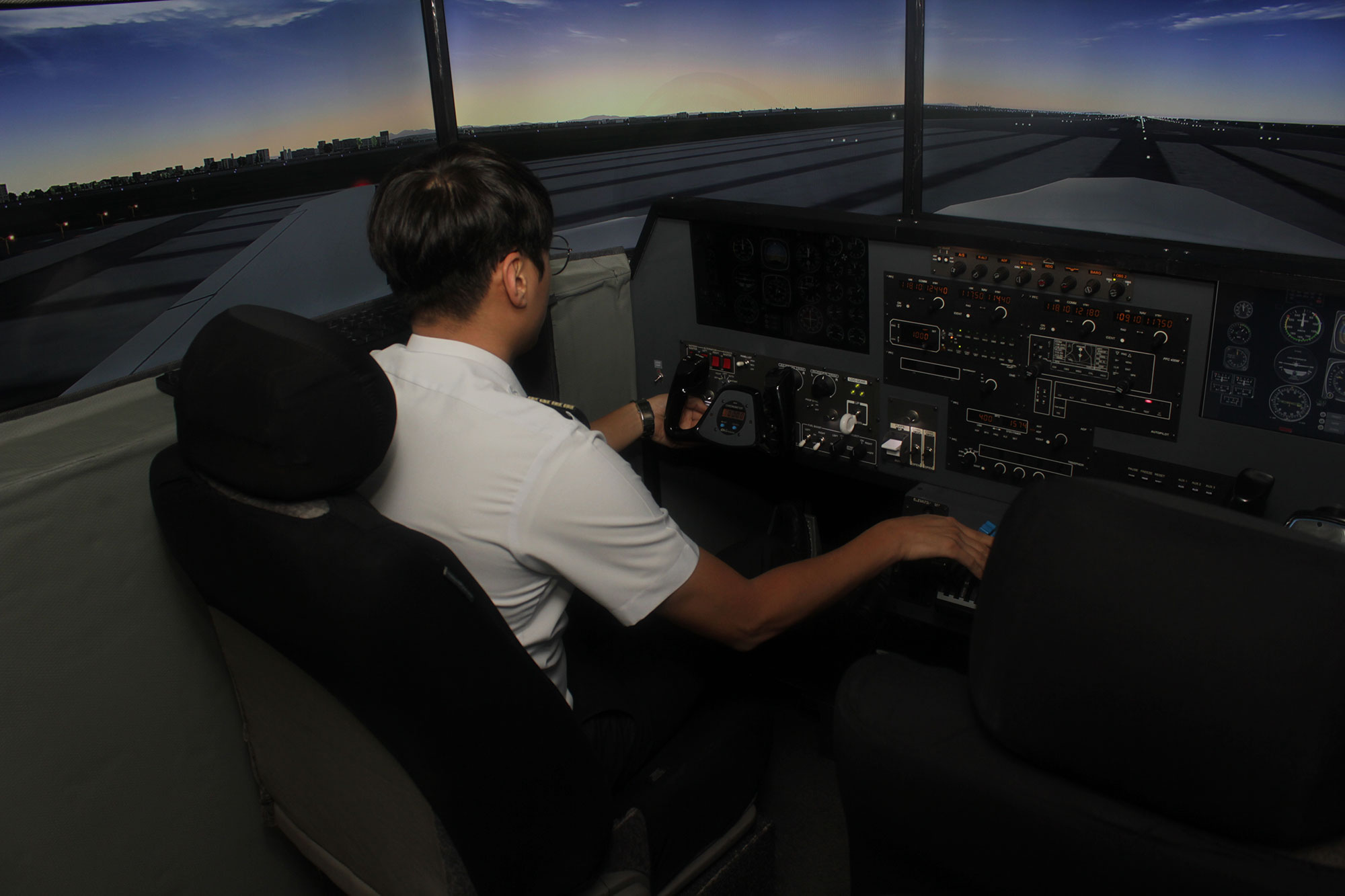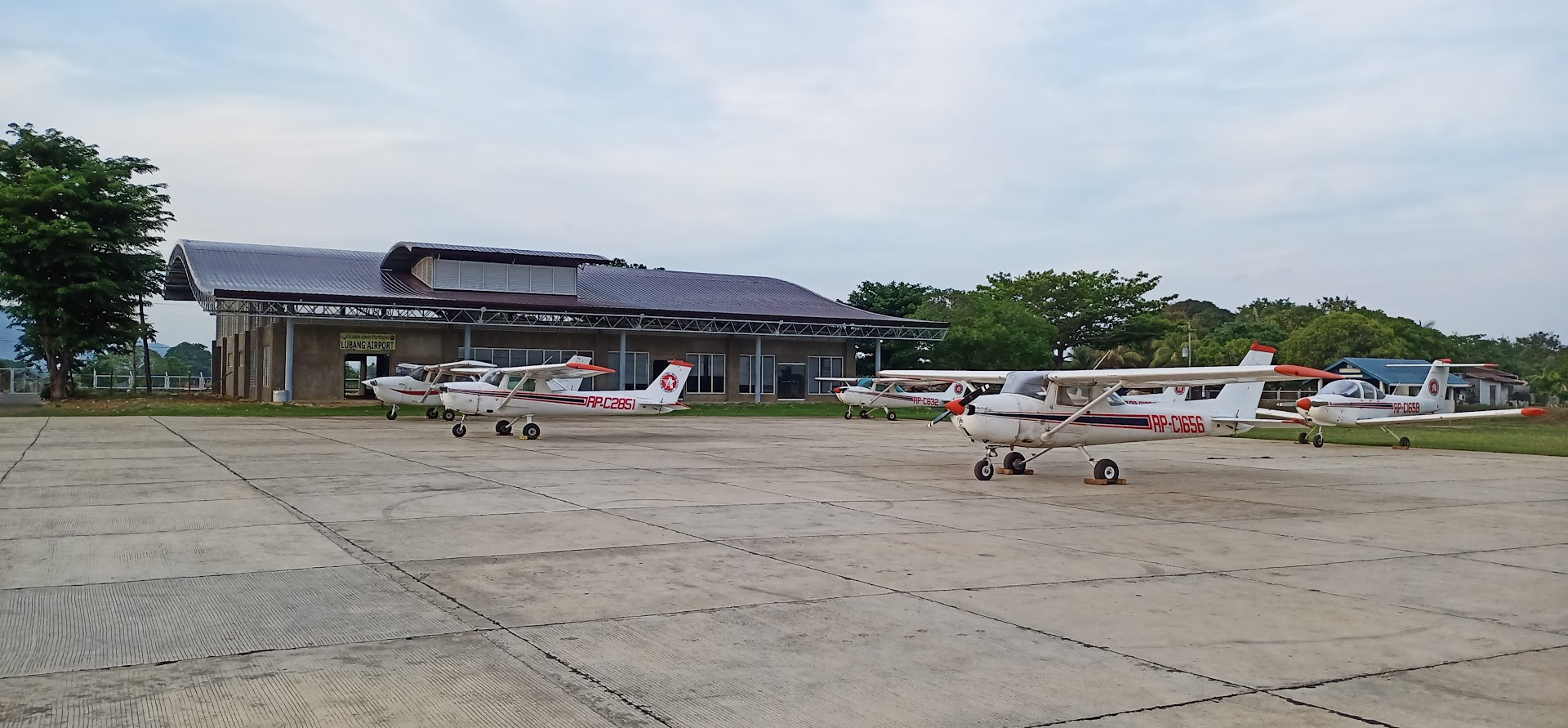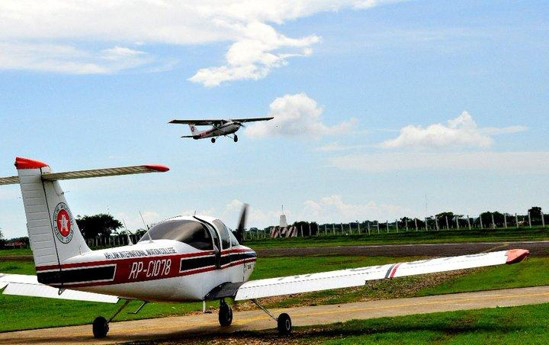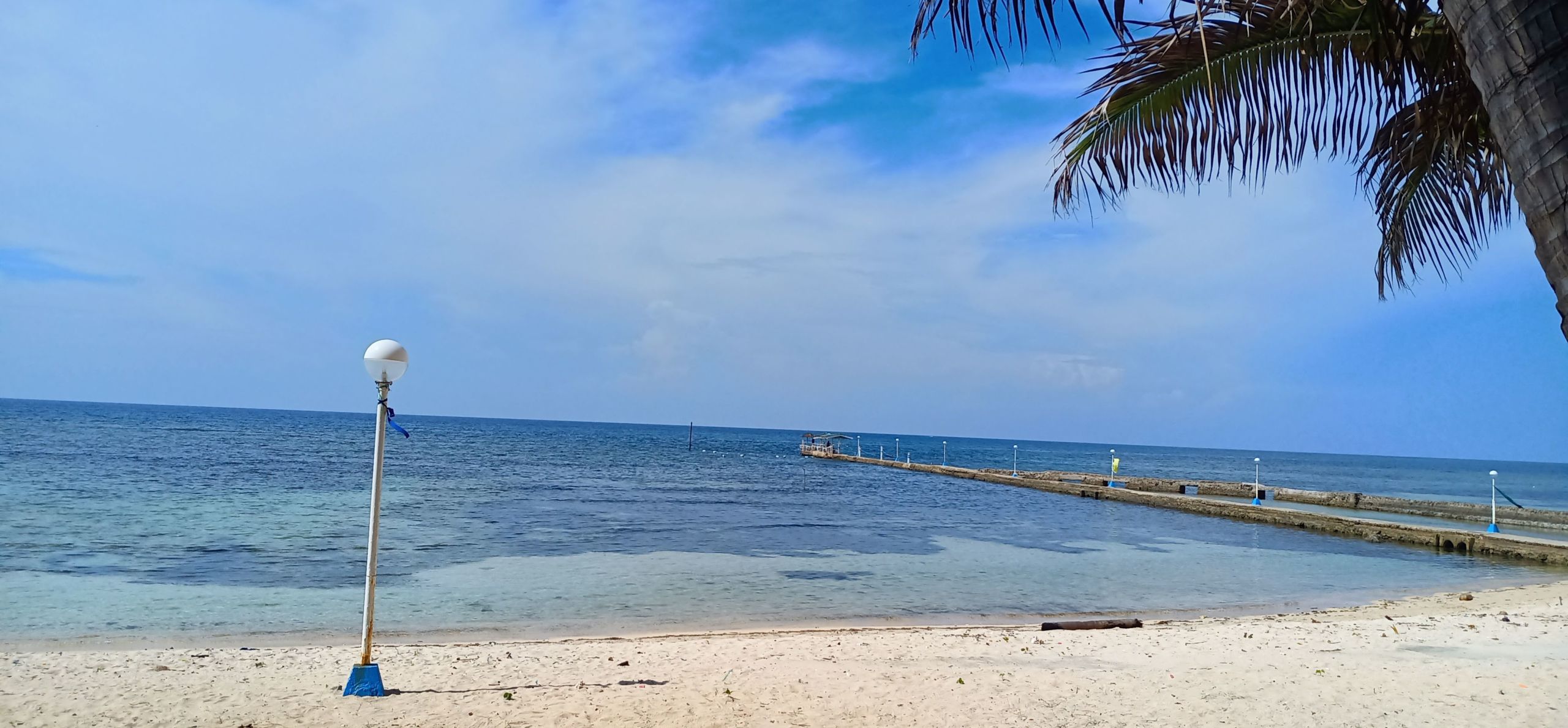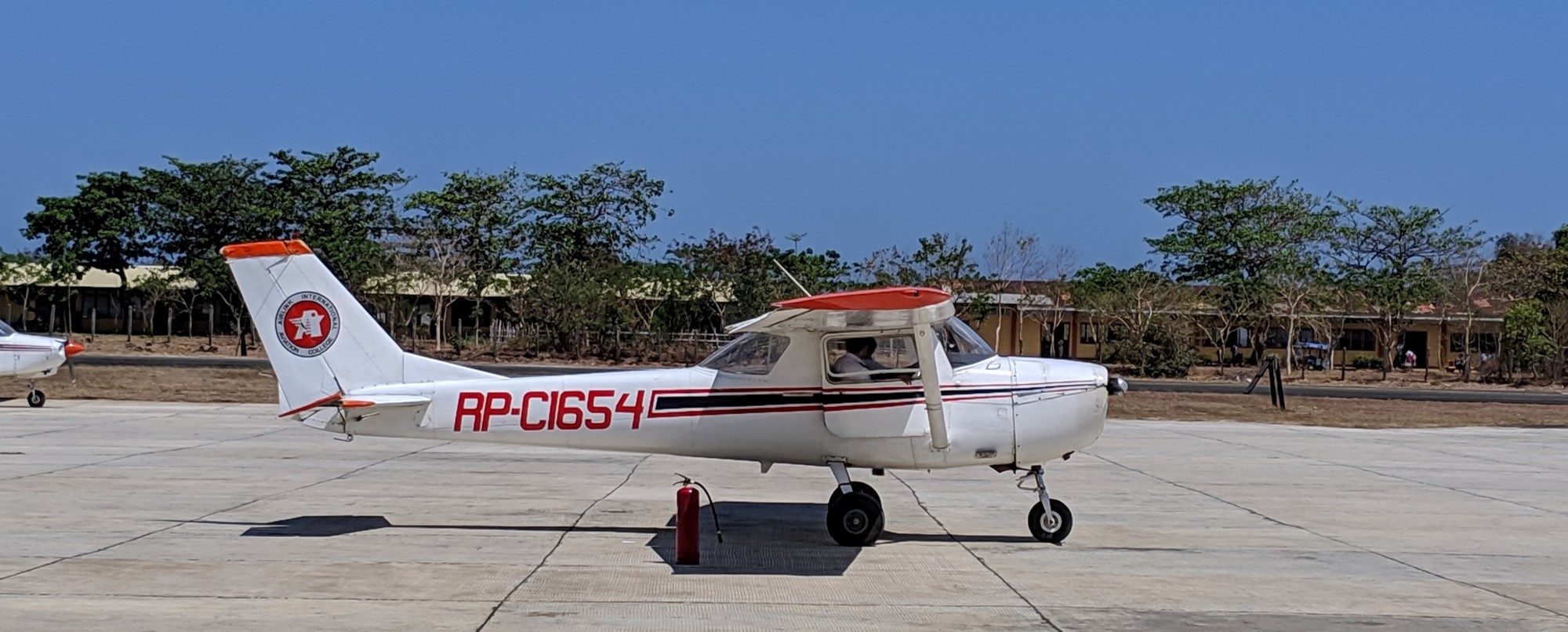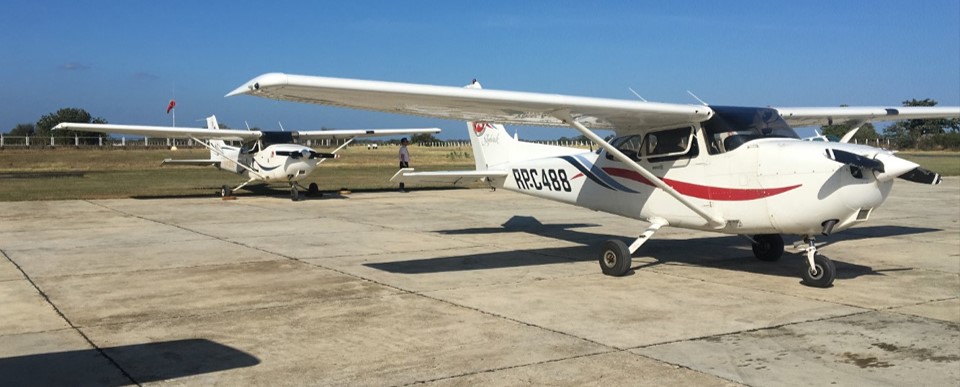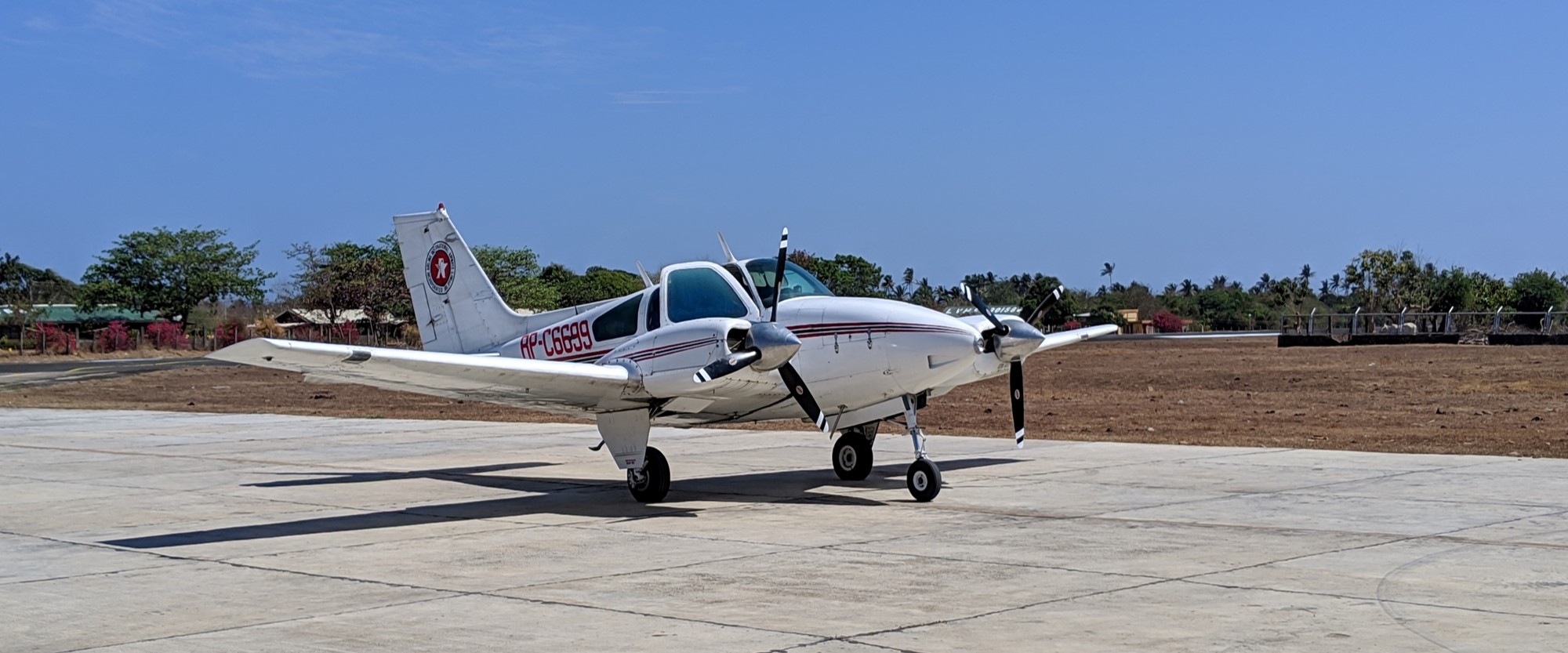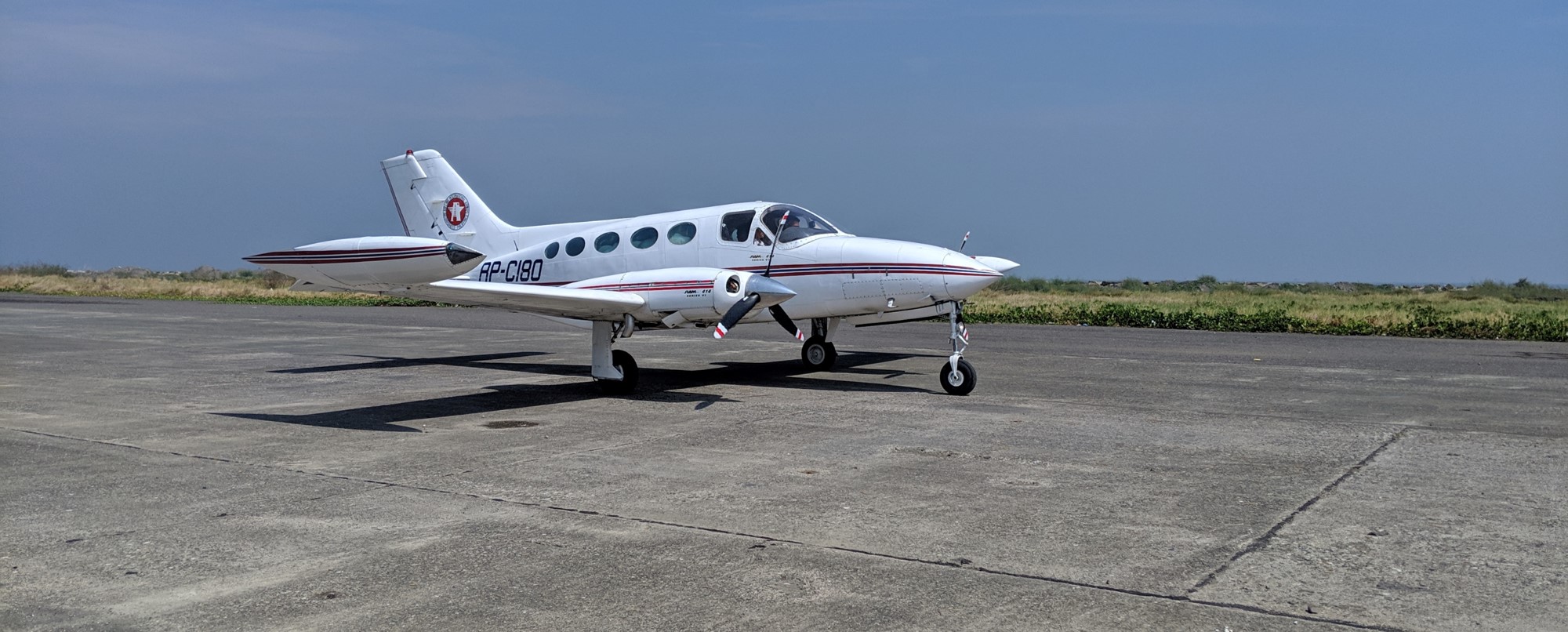Air Link International Aviation College (ALIAC) is a non-profit and non-stock educational institution dedicated in the scholarly pursuit of various aviation and aerospace sciences.
With four decades of education and training experience, it has gained recognition among its institutional partners and from government authorities. It has been granted various academic recognition to teach a myriad of programs coupled with an extensive array of training facilities to galvanize theoretical instruction. It prides itself with a curriculum patterned after the outcomes-based teaching and learning model. The school remains steadfast in offering Diploma courses and Ladderized programs. Recently, it added a Basic Education Program with a host of Senior High School Strands tuned to the current aviation trends. Led by competent change agents, it allows its program to mature and evolve to conform to the demands of a dynamic aviation community.
Despite the advancements, it has kept its tradition and practices which allows the institution to maintain that acceptable level of conservatism and rigidity. A truism especially for character traits which are indispensable among aviation practitioners. Such stability insulate the programs from the pressures of transitory tendencies, but hold true and fast to its covenant of providing honest and reliable academic services. A healthy balance of the old and new approaches is encouraged as practiced by various institutions in the same discipline. Approaches that are true, tried and tested.
As it enters a new decade, an introspection and evaluation of the relevance of its programs and training design became imperative. Thus, an appreciation of the skill level required, mandated that the curriculum go into a transformation to include sciences, the incorporation of engineering principles; a better appreciation of applied physics; language understanding as it applies to logic and reasoning; a study of human technology with emphasis on Human Factor as it affects performance. The ALIAC model requires systems integration. This is evident in the multi-disciplinary approach to the many components of the aviation industry.
Our integrative process is best exemplified in the College’s Philosophy of “ Fidem, Scientia, humanitatis et Integram Disciplinam” otherwise stated to wit: Faith Direction, Science Orientation with a Humanistic Inclination for a holistic education. This is engrained through conscious expression of the FIDES Values which is an acronym for: Faith in God; Integrity; Discipline; Excellence and Social Responsibility.
The ALIAC community espouses strong good governance policies and a robust social responsibility and sustainability practices. Outreach activities are punctuated with environmental awareness and protection initiatives coupled with extension services for the under privilege and less fortunate. Consistent with its Core Values, scholarships are made available not only for the academically gifted but also to the less fortunate yet purposefully driven. Areas of opportunity includes; athletics, culture and the arts and student employment. Exceptional acts of beneficence from various well meaning patrons also provide funding for deserving students.
In order to benchmark its processes, ALIAC allowed itself to go through the ISO Quality Audit Process. The College was given ISO 9001 – 2015 Certification for Quality for two consecutive years in a row. This success will be tested as it undergoes academic accreditation on its way to becoming a Center of Excellence.
In preparation for a career in the aviation industry, cadets are required to wear uniforms while in class and during training. Accordingly, they are expected to behave consistent with professional airline standards.
Personal discipline and good study habits are emphasized.
Cadets are expected to be punctual and courteous. They are supposed to address their superiors by promptly referring to them as either “Sir” or “Ma’am coupled with the “bowing of the head” in recognition of the authority and ascendancy.
All of these fine traits contribute to a professional learning environment.
Staff
ALIAC maintains a host of dedicated staff composed of licensed Flight Instructors; Maintenance and Administrative personnel. All of whom are properly educated and trained in various academic disciplines. A synergy among members of the community exist in order to ensure the cadets will attain quality, relevant and value-laden baccalaureate degree and a wholesome educational experience to boot.
Flight Instructors
ALIAC assigns a flight instructors to every student cadet. The instructor is responsible for the student’s education and training. He or she closely monitors and records the student’s performance, needs and progress. The students are then re-assigned to various senior instructors for each stage of progression.
Airport
Lubang Municipal Airport is a 1.3-kilometer hard surface asphalt runway. It is an uncontrolled aerodrome by CAAP classification. However, ALIAC has an independent Command Air Traffic Control Center manned by Qualified Pilot Dispatcher together with Avionics Specialists trained in aviation communication. The center monitors aircraft movements and pilot communication between aircrafts and aircraft to base.
It is not a congested airspace , which allows the cadet trainee safe and continues access to flight which leads to the enhancement of his or her airmanship skills and other related competencies. There are many other airports in the surrounding area, both small and large which provide variation in the cadet’s training. Sangley Airport; Calapan Airport; Pinamalayan Airport; Mamburao Airport and San Jose Airport, are all within range of ALIAC’s training planes. The nearby areas are ideal for practicing basic and advance flight maneuvers.
The airspace that the cadet trains in is a mix aerospace, which allows the trainee to fly under Visual Flight Rules (VFR) or Instrument Flight Rules (IFR). There are opportunities to use airways utilized by the Air Lines.
Lubang Coastal Weather offers a wide array of weather conditions. During instrument training the trainee is afforded the opportunity to fly in actual instrument meteorological conditions (IMC)
Ad initio, cadets are required to train using synthetic training devices. ALIAC utilizes several Red Bird Simulator Trainers; Precision BATD CAT 2 and 3 and ATC 610.
